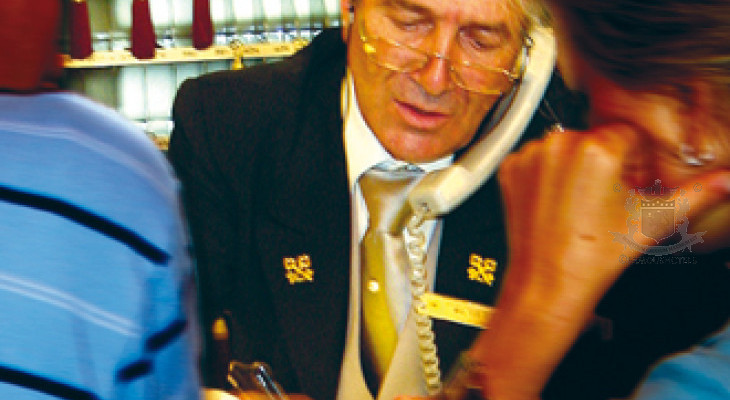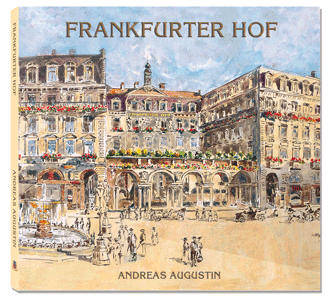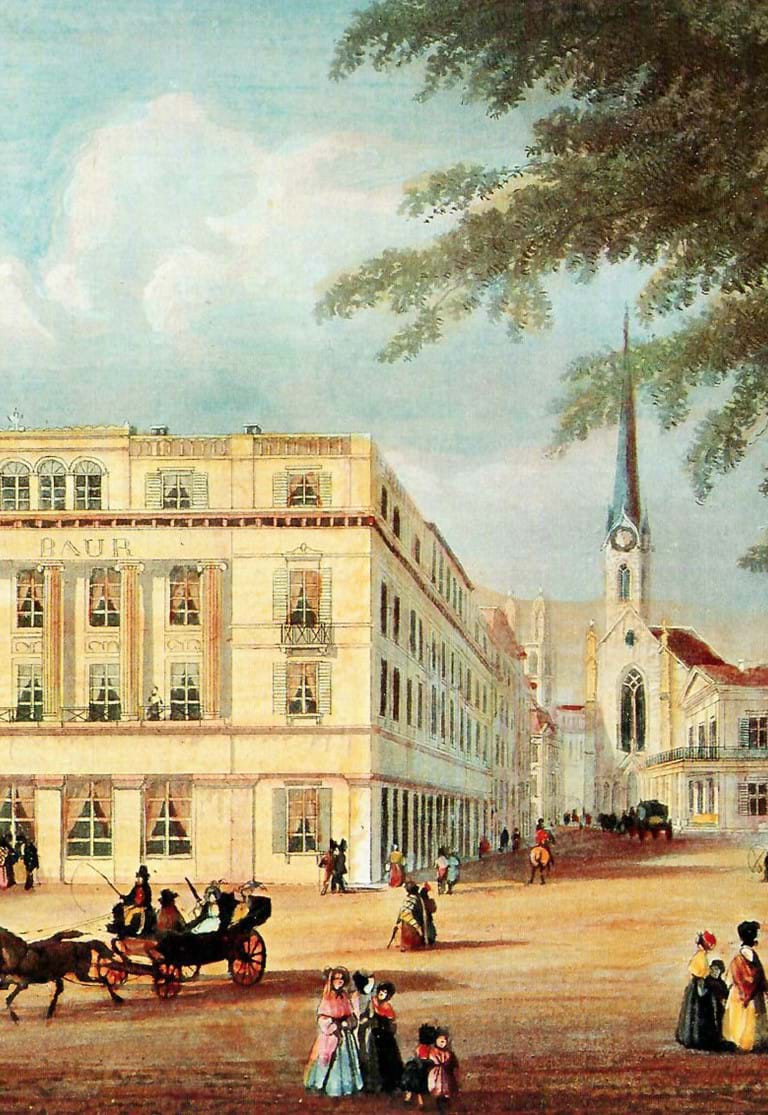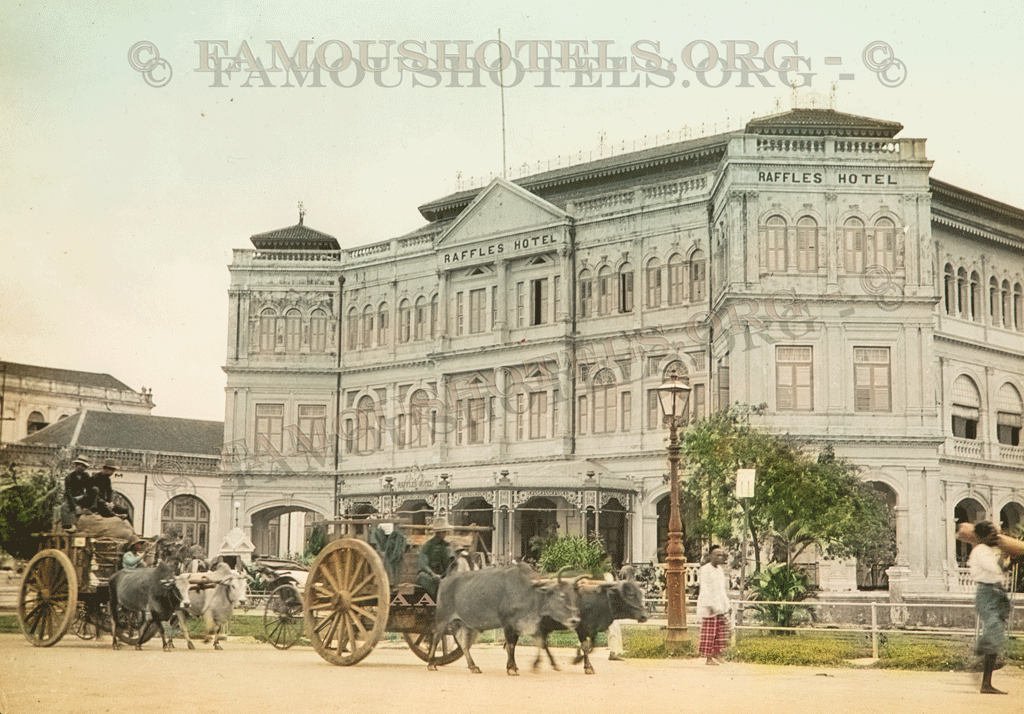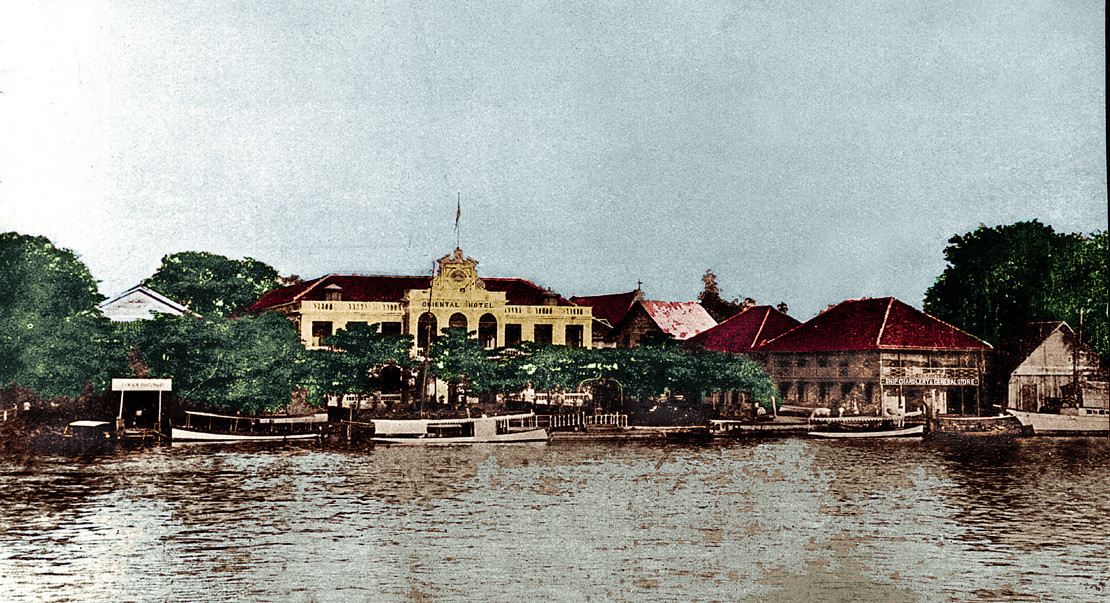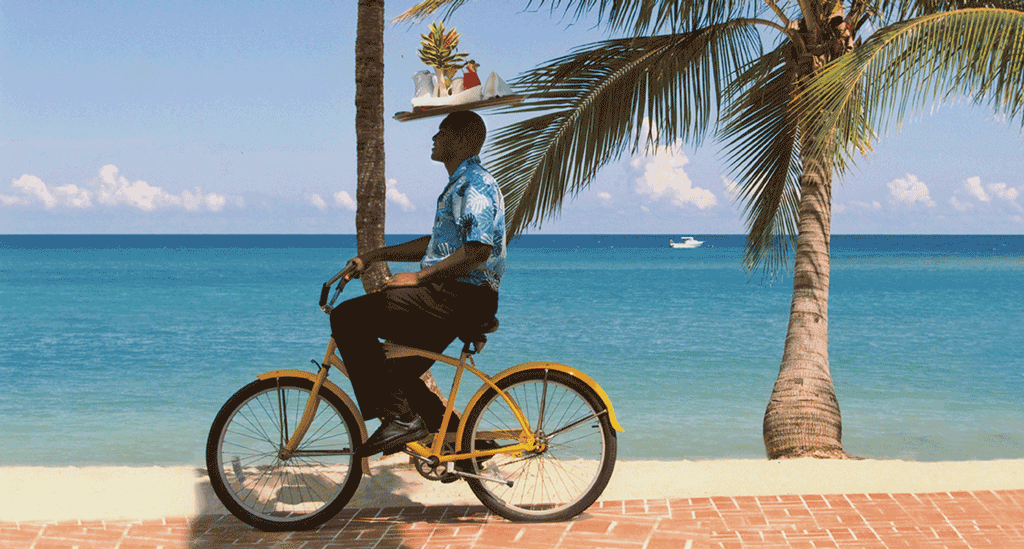Comandi Commendatore!
( words)
A Concierge's Tale
... One of the legendary concierges was Walter Ferrari, who retired in 2008. He had joined the Excelsior in 1970. He went the traditional way, starting as a lift boy. The concierge at a hotel like the Excelsior goes beyond the concept of hotel service. Ferrari explained to me before he retired: ‘We have everything a guest could probably need: a suit, shirts, cuff links, a video camera, a DVD player, a camera, chargers for all types of telephones, ... and a very clear concept: When a lady says no, she means maybe. If she says maybe, she means yes, but if she says yes, she is no lady. With a good concierge this play of words goes the other way round: If a concierge says yes, he means maybe, when he says maybe, it is no, but if he says no, he is no concierge.’A good dose of attention to detail is required. At times friendships with guests are nurtured. Walter Ferrari, a great fisherman, once took Arnold Schwarzenegger to a fly fishing competition. Sylvester Stallone also wanted to take part and even practised for the event at Cinecittà.
At that time Stallone was in Rome to shoot Daylight, a disaster movie set in a New York tunnel which explodes and collapses. He truly enjoyed the peaceful setting of his suite 109, the Imperial Suite. The actor is also rumoured to hold the record for the longest stay at the Excelsior, having enjoyed its hospitality for four long months.
Guests used to arrive from Milan by car and stay for half a week. Today they come from London in the morning and fly back at night.” Paolo Lorenzoni, former GM of The Excelsior, Rome.
Ferrari remembers, tongue in cheek, one of the darkest days in a concierge’s career, when in 2001, the traditional keys were exchanged for keycards: ‘It was a big issue for us; a mental dilemma. Suddenly guests didn’t have to come to ask us for their keys. We were afraid that we would have less guest contact.’
Concierges used to run a separate bill for guests. They were the confidant in every respect, arranged all and everything, from tickets to transport and mail, and handed out the room keys. There was basically no more reason to come to the concierge desk. It speaks for itself, that the desk of Ferrari, Facchin and his younger colleagues is still besieged by queues of guests in need of assistance. They need a table in a nearby restaurant, a limousine transfer or just ask questions about historically-interesting activities in the city. ‘Will gladiators be fighting in the Colosseum tonight?’
There are tales of the smart concierge who owned six limousines and rented them to the hotel, and stories of a Ducessa who lived at the hotel for decades. A major-domo guarded the three steps from the concierge desk to the lobby to avoid that anybody would fall down. He also took care that nobody would cross the invisible line without proper attire; nobody without a jacket was allowed behind that line. One time, however, somebody slipped through, as Angelo De Valeri, head barman of the Lobby Bar (today Onice Bar), remembers: ‘A member of the Rolling Stones turned up in shorts. I asked him to change into something more suitable and he returned in long trousers sporting a very, very interesting “design”. Everyone later agreed that the shorts would have been better under the circumstances.’

Great presonalities run the concierge desks of the grand hotels of this world.
How did the hotel tick in the Sixties and Seventies? How were the terms ‘luxury’ and ‘service’ defined? How was the dream created? Bernd Labriola, the son of a hotelier from Wiesbaden in Germany, went through a management training at the hotel in the 1960s. It was his best professional training experience. He remembers the famous phone at the reception, a direct line from Commendatore Armando Armani, the general manager. The phone had to be picked up after just one ring. If it rang twice, the team was in trouble. Usually it was the Commendatore requesting that something important should be done at once: ‘Comandi Commendatore!’ was the correct way to answer each call. The character of the hotel manager of the 1982 movie Grand Hotel Excelsior with Adriano Celentano was probably based on this man.
‘The bell boys would sit in one row on a bench near the concierge desk,’ recalls Bruno Calli, who started at the Excelsior as a bell boy and rose to the position of director of sales and marketing of the CIGA group. “When the head concierge clicked on the glass of his desk with the ring on his finger, one of us jumped up and came over to receive our orders. After the war for many of us the reason to work at the Excelsior was not only the opportunity and honour to work in the best hotel of the country, but – honestly – because we could eat there. I came from a family with seven kids. My brother was there, too. He said ‘Come to the Excelsior, where you get a hot meal every day. And you can learn languages. We picked up some sophisticated tricks of the trade, as well as some of its simple rules. For example, when a client approaches the revolving door from the outside, make it turn. He is in a hurry; everybody who arrives at a hotel needs to go to the toilet.”
![]()
This is an excerpt from the book HOTEL EXCELSIOR, ROME, by Andreas Augustin and Thomas Cane.

